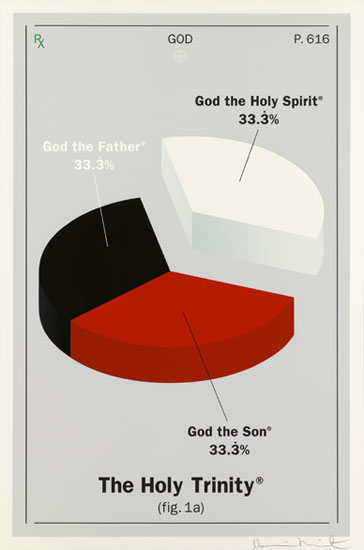| atheism.davidrand.ca: Living Without Religion | |
|---|---|
| > Table of Contents | |
| > > Repertory | en français |
| Previous page | Next page |
|
|
See also:
![]() Taoism (n.)
Taoism (n.)
- a philosophy and system of religion of China based on the teachings of Lao-tzu
- popular Chinese philosophical system based in teachings of Lao-tzu but characterized by a pantheism of many gods and the practices of alchemy and divination and magic
![]() Testament: Memoir of the Thoughts and Sentiments of Jean Meslier
Testament: Memoir of the Thoughts and Sentiments of Jean Meslier
The First English Translation of the Complete Work
MESLIER, Jean, Curé d'Etrépigny
Keywords: atheism Christianity history
Prometheus
2009
Translator: SHREVE, Michael
![]() theism (n.)
theism (n.)
- belief in the existence of a personal God
- doctrine, founded on revelation, that the founding principal and creator of the universe is a god
This belief involves the acceptance of revelation and is thus distinct from deism.
Book:
See also:
![]() The Transcendental Temptation
The Transcendental Temptation
A Critique of Religion and the Paranormal
KURTZ, Paul
Keywords: paranormal religion scepticism science
Prometheus Books, Amherst, NY, USA
1991
From the cover notes:
...Kurtz attempts to demonstrate that the major monotheistic religions—Christianity, Judaism and Islam—all rest on myths of revelation. Yet each succeeding generation appears to be impervious to the victories of skepticism over theology in the past or creates new and even more irrational religions. Why is this so?
Drawing upon extensive research in the paranormal fields—parapsychology, spirituality, UFOlogy—Kurtz points out the striking similarities between the popular paranormal belief-systems of today and the classical religions of the past. He finds similar processes at work: on the one hand, fraudulent conjurers posing as prophets or psychics deceiving a gullible public and, on the other, self-deluded individuals acting out their revelatory fantasies. Kurtz attributes the willingness of large sectors of humanity to accept these claims to the proclivity in human nature for "magical thinking"—which undermines the power of critical judgment and allows many people to accept occult claims (e.g., belief in ghosts, psychics, horoscopes, UFOs), even though there is insufficient evidence in their behalf or strong evidence to the contrary.
Given the deep-seated temptation that persists in human culture to accept supernormal phenomena, Kurtz asks, what are the prospects for developing a genuinely humanistic society based upon scientific and humane foundations?
- An element of Christian mythology which states that "God" is composed of three parts: The Father, The Son and The Holy Ghost
 From The Reason Project |
| XHTML CSS |